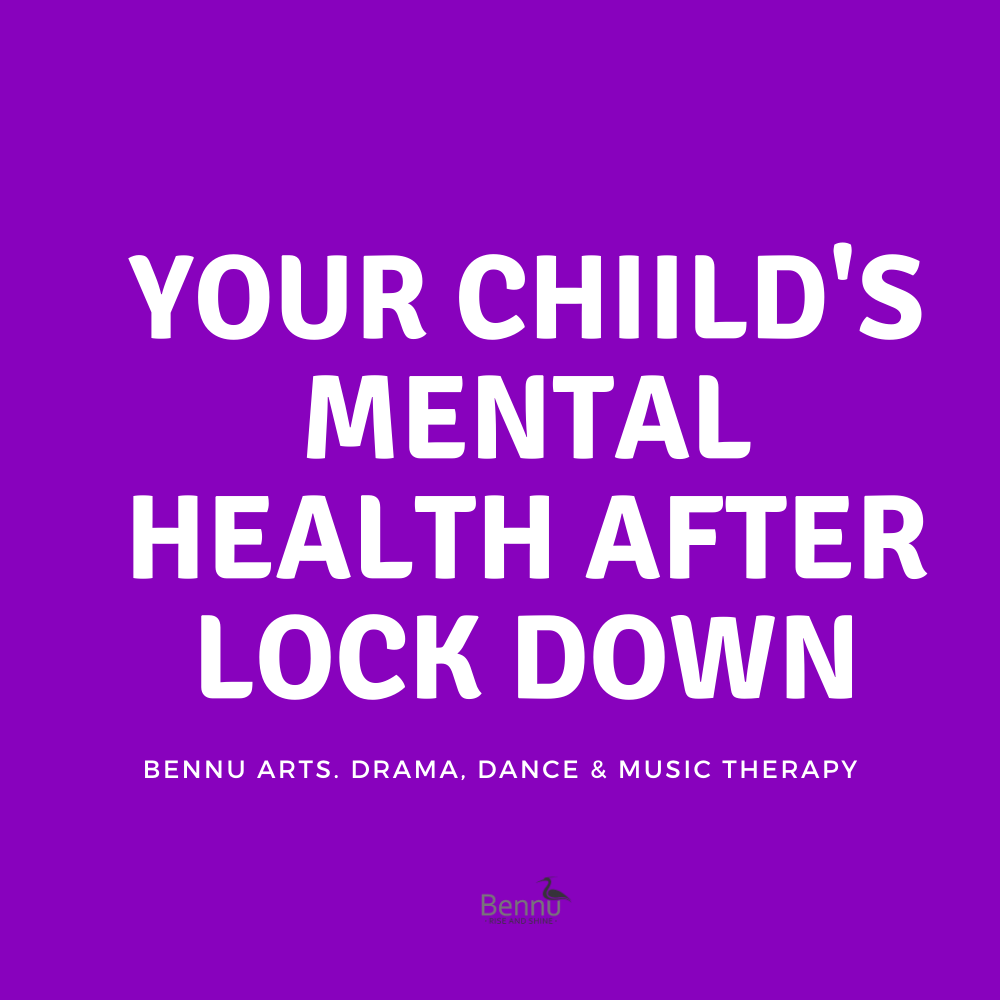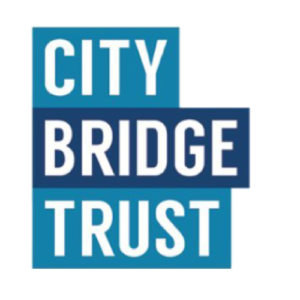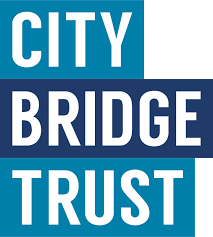As lockdown is easing, shops begin to reopen, some year groups were gradually returning to school (although we are approaching the summer holidays) and society is adjusting to what has been labelled the ‘new normal’. For many, it may be a huge sigh of relief and for some it may bring on anxiety, this also includes children. Many children may be excited about lock down easing however, many others may still be confused with what has happened and in some circumstances be worried and concerned about the uncertainty of the future. Whatever, your child may be feeling, we believe it is important to make their wellbeing and mental health a high priority. In this post, we will be sharing special, practical advice on how you can implement good wellbeing and mental health practices post lockdown for children.
Reflection
As lockdown eases, you may be returning to work, your child may have returned to school, prior to the summer break or perhaps you are getting out and about a bit more. It is important that you reflect on how your child feels about this and what lockdown has been like for them. Reflecting will help you and your child process your emotions and guide you in what areas to focus on in regard to your child’s wellbeing. We have listed some questions below to aid reflection. We encourage you to go through these and add any of your own questions that come to mind.
Tip: Get creative! Reflection is a great time to explore your emotions through art, dance/movement, music and drama. You could encourage your child to draw a picture on how they are feeling, express their emotions through dance and physical movement or sing a song. Whatever comes to mind, go with it. You do not need to overthink this but be free and attune with your child. You may even make up a creative game to explore how lock down has been.
Questions for Reflection on Your Mental Health in Lockdown. Ask your child these questions when they are relaxed and in a good mood. If, these questions cause any stress, please do not push for an answer. However, take note of it. If you need any assistance please get in touch with us at hello@bennu.org.uk
- Have you enjoyed lockdown so far? If so, why? If not, why not?
- What have you missed most during lockdown? (this could be their family, friends, a particular place, shopping etc… or whatever comes to mind.
- What are you most looking forward to post lockdown?
- How have you felt during lock down? Happy? Sad? Confused?
- Tip: This will be a great time to ask your child to draw a picture on how they have been feeling or act out their emotions.
- Are you feeling sacred about anything post lockdown? If so what?
- How are you feeling about going back to school?
- How are you feeling about getting your results? (If your child is expecting results in August)
- How have you found wearing a face covering? (If your child has been wearing one)
Now that you and your child have reflected, we encourage you to revisit these questions and your answers in 4/6 weeks to document your progress and refine anything if need be. Also take note of their answers and see if there is anything you can do to ease them into the transition out of lock down, managing their exam results and returning back to school.
Ways to Reinforce Good Mental Health and Wellbeing for Children Post lockdown
Follow the Rules
Although lockdown is gradually being lifted, there are still government guidelines in place that we all must adhere too, in order to stop coronavirus spreading and keep us all as safe as possible. We, therefore must reiterate the importance of doing your part and adhering to the health and safety guidelines in place. This is essential to keeping everyone as safe as possible. However, also by reassuring your child that by following the governmentguidelines, you are doing your part for your community.
Tip: There are standard government guidelines which can be found in useful links below. However, be sure to always check when you enter new premises what their guidelines are. Your health and safety must come first.
Easing Back into Interaction
During lockdown some people may have found they were video calling and speaking to family and friends more. Although there are still strict lockdown measures in place, that will restrict certain gatherings and people’s interaction; when you can, meet up with your friends and family. It is likely that your child may have missed social interaction. Where it is safe to do so, getting your child back into social settings, where they are able to interact with others will be beneficial for their mental and emotional health. You may pop over to a friends or relatives house (following to gov guidelines) or perhaps play some games and picnic at the park or see if your local farms are open. Interacting with people and your loved ones is a great way to improve your mental health and wellbeing, and it is no different for your child. Seeing a friendly face and having a good time will promote a healthy mind for your child whilst helping them ease back into the ‘new normal’ we are all facing.
Tip: If you or your child are still in quarantine and self-isolating, try to telephone or video call some of your loved ones. If you are worried that your child may be feeling particularly lonely or isolated, there are some organisations you can reach out to. These will be listed in our useful links below.
Routine
During quarantine your child may not be in their usual routine, after all the majority of people have been in lockdown for over four months. That being said, getting your child into a routine is a great start as children’s brains love routine. The consistency a routine offers, promotes healthy sleeping habits and security as they know what to expect on a daily basis. Although you may not be sure when your child is returning back to school, you can start getting them prepared by gradually getting back into a routine. Depending on your child’s age this may include… setting an alarm clock to wake them up for a certain time, getting ready for bed, and unwinding/relaxing time. Be sure to evaluate how it is going and make adjustments where you feel necessary.
Tip: If your child does not get into a routine straight away do not worry. It takes time. With perseverance you will get there. Remember to remain calm and patient.
Your Child and Self-Care
If you are familiar with Bennu, you will know that we are advocates of self-care! Throughout lockdown, we continued to tell the importance of self-care for your child post lockdown is no different. Self-care is when you are intentional about certain rituals and habits to look after your wellbeing and mental health. We have many resources on this and will also have some links below. Try your best to incorporate some self-care practices with your child into your week. It is our hope, that this will hugely benefit your wellbeing too. Some activities may include… encouraging your child to journal, any artistic activities, pampering evenings or whatever you feel your child best engages with.
Do Not Suffer in Silence
If you think you or your child may be struggling with your mental health, please do not suffer in silence. Reach out to someone today. Covid-19 and lockdown shocked us all and therefore the effects on your child’s mental health might be unusual. However, it must be taken seriously. Do not hesitate in reaching out to some of the useful links below, you and your mental health will be much better off.
We have qualified professional therapists who will be happy to have a conversation with you. Get in contact with us today here.
If this post has been helpful, please let us know in the comments below and on social media. Share this post with a friend or anyone you feel will benefit.
Take great care of yourself,
Bennu 🙂
Useful Links to Other Self-Care Resources
Useful links on Coronavirus (COVID-19)
NHS Information on Coronavirus (COVID-19) – https://www.nhs.uk/conditions/coronavirus-covid-19/
UK Government Information on Coronavirus (COVID-19) – https://www.gov.uk/coronavirus
Useful Links For Mental Health
https://www.nhs.uk/using-the-nhs/nhs-services/mental-health-services/
Emergency Mental Health Help
You call UK emergency services by dialling 999





